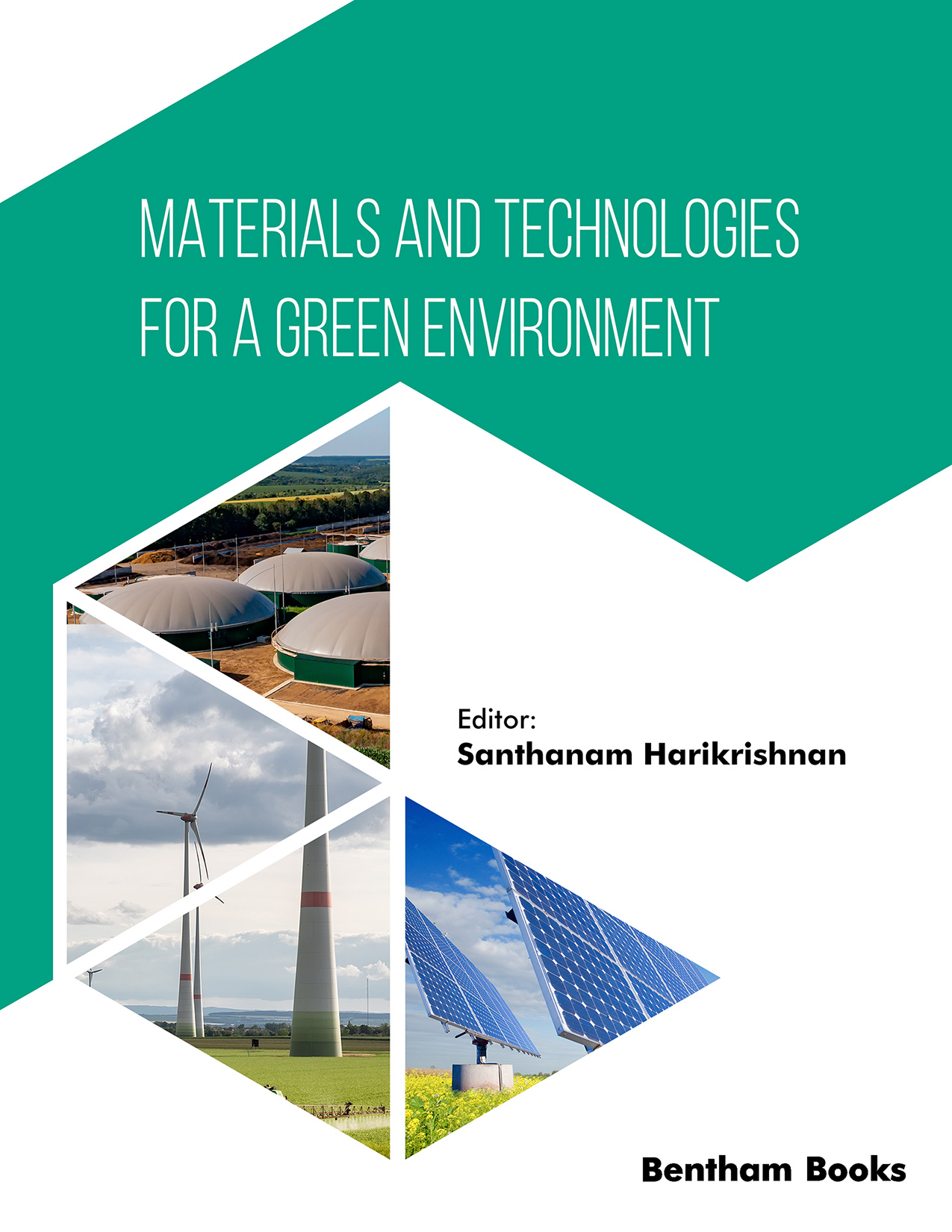Introduction
The world faces significant challenges as the population and consumption continue to grow while fossil fuels and other raw materials are depleted at ever-increasing rates. Environmental consciousness and a penchant for thinking about material cycles have caught on with consumers. Therefore, the use of environmentally compatible materials and sustainable production methods are now desired.
Materials and Technologies for a Green Environment discusses the major issues surrounding the production of energy through biofuels and waste management. It comprises seven chapters that cover various fields of interest to readers involved in environmental management and sustainability planning. The topics covered include renewable energy sources, thermoelectric generators, electric vehicles, biodiesel production from poultry waste, scramjet combustion engines, and sustainable architecture for green buildings.
Given its scope, this book is a valuable resource for students, researchers and engineers in environmental science, mechanical engineering, and chemical engineering and sustainability studies.
Audience
Students, researchers and engineers in environmental science, mechanical engineering, and chemical engineering and sustainability studies.

